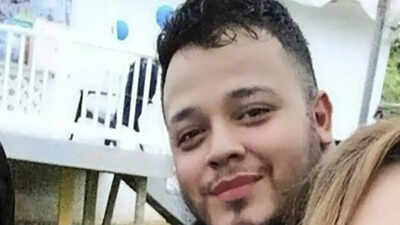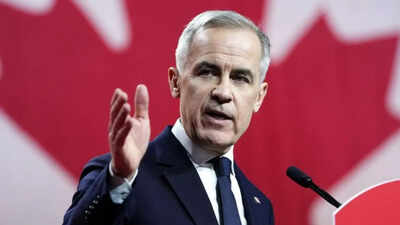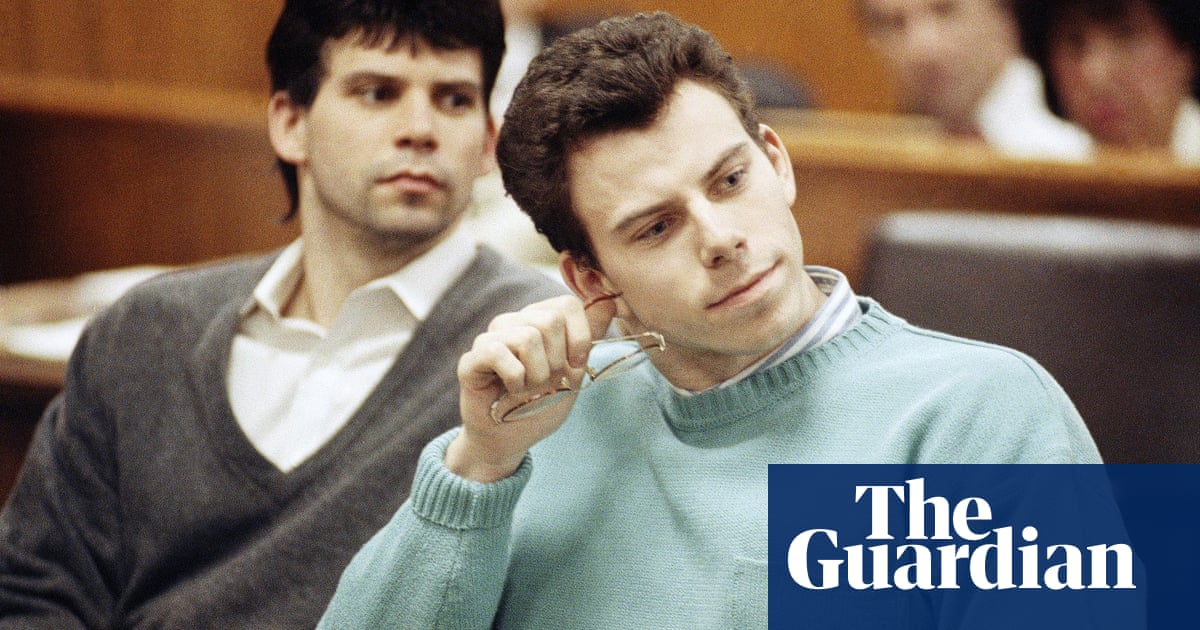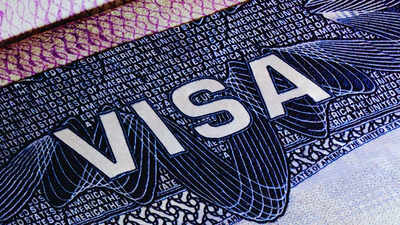Iranian Delegation in Rome for Critical Nuclear Negotiations with the U.S.

An Iranian delegation, led by Foreign Minister Abbas Araghchi, has touched down in Rome, marking a significant step in the ongoing efforts to address the long-standing nuclear dispute between Iran and the United States. Early Saturday, Iranian state television broadcast images of Araghchi disembarking from an Islamic Republic airplane, signaling the commencement of this pivotal phase of talks.
The negotiations, set to take place on Saturday, are part of a broader dialogue aimed at resolving decades of tensions surrounding Iran's nuclear ambitions. This dialogue occurs against the backdrop of President Donald Trump's stern warnings regarding military action should diplomatic efforts fail. Araghchi is expected to engage in a second round of talks mediated by Oman, alongside U.S. Middle East envoy Steve Witkoff, following a productive first round in Muscat just a week prior.
In a press statement made in Moscow on Friday, Araghchi expressed his belief that a mutually acceptable agreement on Iran's nuclear program is achievable, provided that the United States approaches the negotiations with a realistic mindset. However, Iranian officials have tempered expectations for a swift resolution, with some suggesting that sanctions might be lifted soon. Supreme Leader Ayatollah Ali Khamenei has also weighed in, stating that he maintains a balanced perspective, being neither overly optimistic nor pessimistic about the outcome.
President Trump, speaking to reporters, reiterated his firm stance on preventing Iran from acquiring nuclear weapons. He affirmed his desire for Iran to thrive, stating, I want Iran to be great and prosperous and terrific. Trump's administration has been characterized by a hardline approach, notably following his withdrawal from the 2015 nuclear deal with Iran and the imposition of stringent sanctions on the country. Since he returned to the presidency in January, he has reignited his maximum pressure campaign against Tehran, aiming to halt the production of highly enriched uranium, which the U.S. perceives as a pathway to nuclear weapon development.
Tehran has consistently maintained that its nuclear program is intended for peaceful purposes. Nonetheless, Iranian officials have indicated a willingness to negotiate certain restrictions in exchange for sanctions relief. A critical concern for Iran is obtaining solid assurances that the U.S. will uphold any agreements, especially in light of Trump's previous withdrawal from the 2015 accord. Since 2019, Iran has progressively breached the uranium enrichment limits established in that agreement, significantly increasing its stockpiles, which surpass what Western powers deem necessary for a civilian energy program.
In discussing Iran's negotiating stance, a senior Iranian official, speaking on condition of anonymity, highlighted the countrys non-negotiable positions: Iran will not dismantle its uranium enrichment centrifuges, will not halt enrichment activities entirely, nor will it reduce its enriched uranium stocks below the thresholds set by the 2015 deal. Additionally, Iran firmly refuses to engage in discussions regarding its defense capabilities, particularly its missile program.
While both Tehran and Washington assert their commitment to diplomatic resolutions, there remains a substantial divide between the two nations, stemming from over two decades of complex and contentious negotiations. Although Araghchi and Witkoff exchanged brief pleasantries at the conclusion of the initial round of talks in Muscat, direct negotiations between U.S. and Iranian officials have not occurred since the 2015 agreement was established. The ongoing talks in Rome are also expected to be indirect, utilizing Omani mediators to facilitate communication.
Furthermore, Russia, as a signatory of the 2015 nuclear agreement, has offered its assistance to mediate and play a constructive role in fostering dialogue between Iran and the United States, aiming to bridge the gaps that continue to hinder progress in these critical discussions.





























